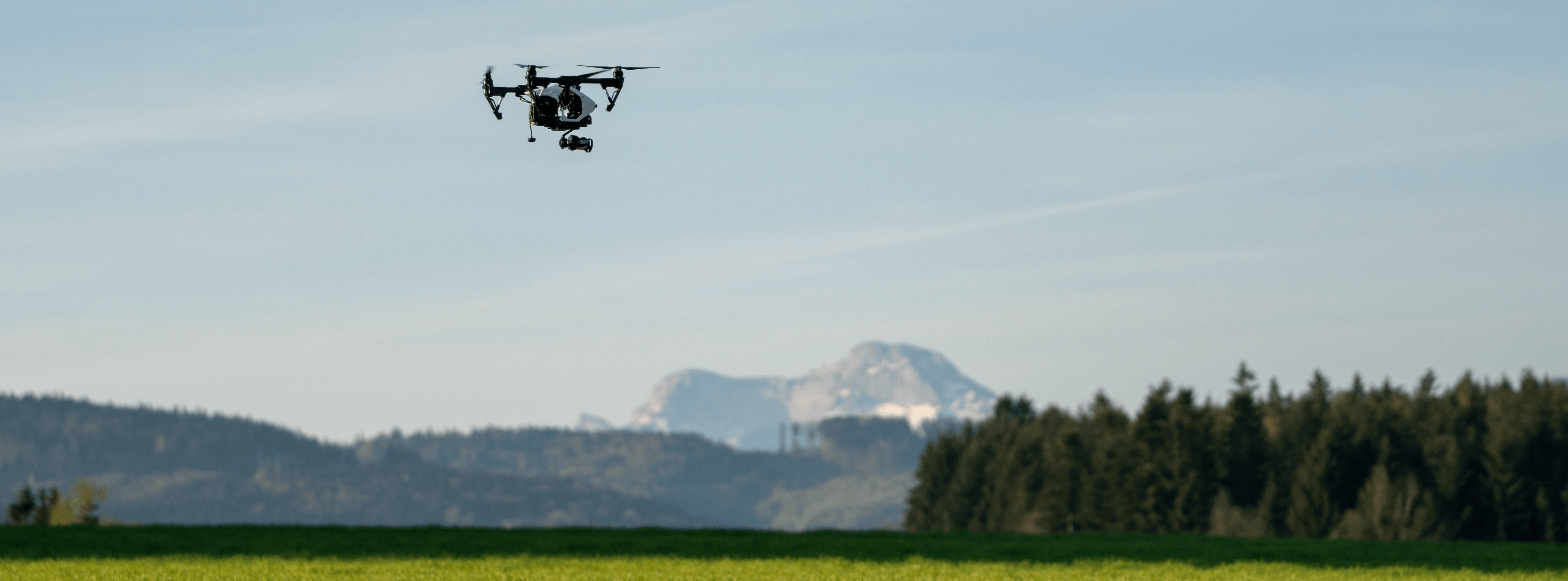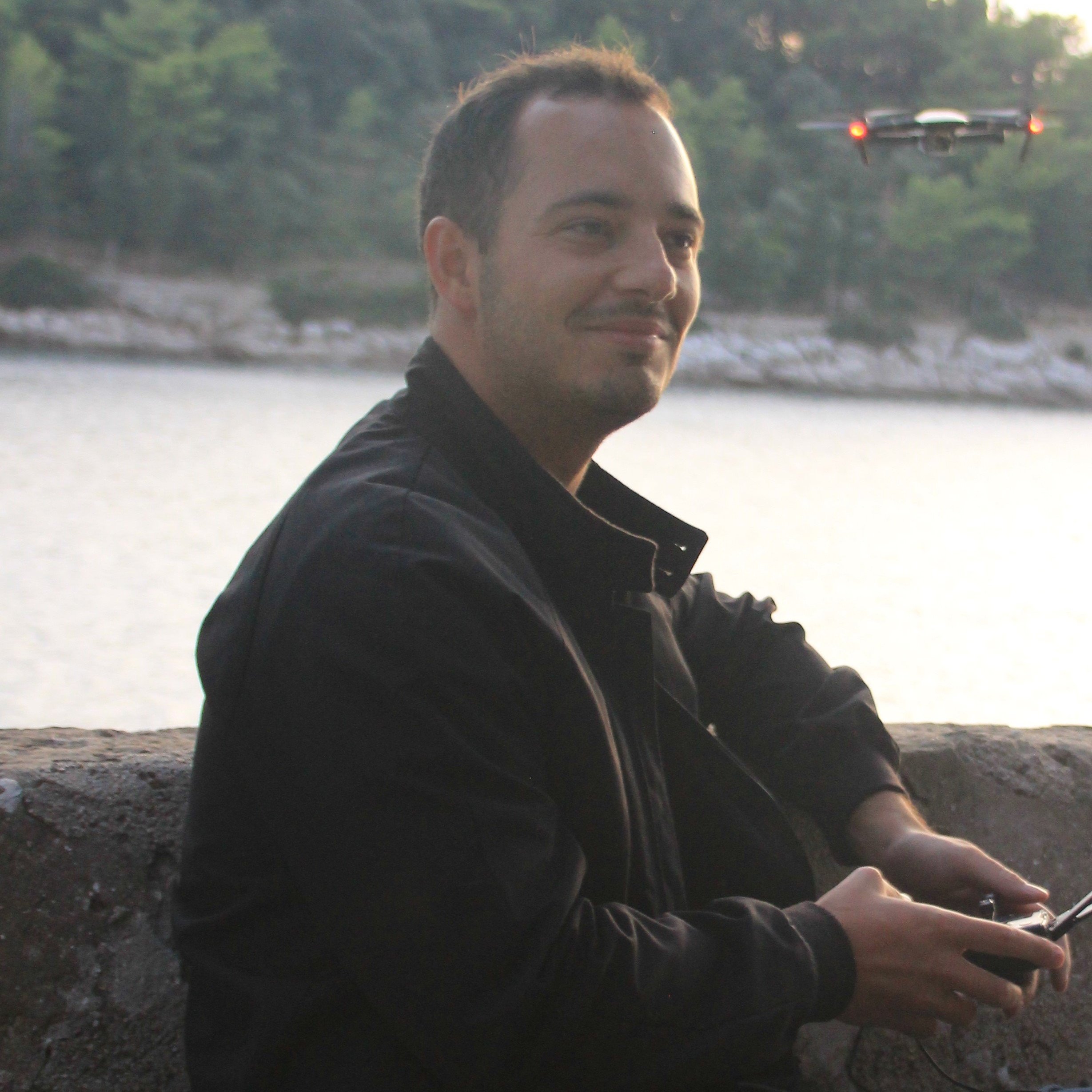As the Coronavirus and associated lockdowns bring economies around the world to a slow down, many businesses have closed their doors and face an uncertain future.
However, some sectors are too critical to simply stop. Vital infrastructure and services, ranging from transport and logistics to energy and insurance, have to maintain the operations that the rest of us still rely on.
In recent weeks, the drone industry has continued to innovate in the face of this unprecedented challenge, and may well come out of the other side stronger for it.
Here are a few examples of drone companies and projects taking important steps despite, and in some cases because of, the turbulence of the current times.
Medical Delivery Services Take Off
With each passing day it seems as though a new medical drone delivery trial drones is announced. Now more than ever, autonomous, contactless deliveries are in demand.
In the UK, a medical delivery trial is set to launch between Hampshire, a county in southern England, and the Isle of Wight, an island just off the coast.
Ferry crossings have been reduced in recent weeks and the first 10-minute drone flights are expected to carry personal protective equipment (PPE) for essential workers on the island. In time, the payloads could evolve to include time-critical supplies such as blood and organs.
In Florida, UPS and CVS have announced that drone-delivered prescriptions - using Maternet’s delivery system - will begin in early May.
The first deliveries will go to the retirement community The Villages, where prescription medications will be available for aerial delivery to around 135,000 residents.
In Ghana, Africa, drone delivery specialists Zipline, have already been flying Covid-19 test samples to the country’s two largest cities, Accra and Kumasi. Zipline’s established network has been ferrying samples from patients at rural health facilities to the Noguchi Memorial Institute for Medical Research and the Kumasi Center for Collaborative Research for testing and analysis.
DJI Releases the new Mavic Air 2
Last week, industry leader DJI went ahead with the launch of the long-anticipated Mavic Air 2.
Compared to the original, which hit the market over two years ago, the Mavic Air 2 has an improved flight time, and a redesigned controller, in addition to a bigger image sensor, DJI’s OcuSync transmission technology, improved safety features, and much more.
DroneBase Continues to Support Vital Business Operations
At a time when getting teams of people together to carry out tasks is ill advised, drone technology is coming into its own. DroneBase's pilots are taking on important data collection flights, including insurance and infrastructure inspections - greatly reducing the risk of COVID-19 transmission with single-operator missions.
The breadth of the DroneBase Pilot Network means we inevitably have professional pilots located near your critical assets. On top of ensuring a quick turnaround, this serves to minimize travel at a time when only essential trips are recommended.
In recent weeks we've seen an increase in the number of requests for non-invasive contactless flights and Insights Roof Reports. There are two reasons for this surge. For starters, drones make sense as a tool at the moment because they can easily achieve what would previously have required a team of people.
Secondly, contactless inspection services and analysis mean that missions can be carried out without putting any of your staff or premises at risk.
With these advantages now more than ever seems like the time to integrate drone technology into your daily workflows. For more insight into why drones are becoming a go-to commercial tool during the Coronavirus crisis visit our recent blog post.



.png?width=360&name=Banner%20Templates%20(4).png)

